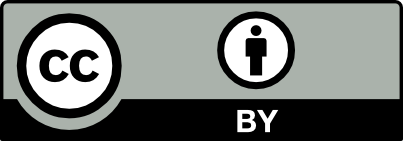Impact of Lean Tools on energy consumption
DOI:
https://doi.org/10.18046/syt.v9i19.1093Keywords:
Lean Manufacturing, value stream mapping, energy consumptionAbstract
Lean principles are mainly used for increasing productivity, reducing lead time, and eliminating waste. Energy impacts can also be assessed by using the lean principles. The objective of this paper is to measure the impact of Lean Manufacturing tools on energy consumption, with the base assumption that they should help decrease it. The methodology assesses and documents the energy utilization as a part of VSM. A pilot application in an industrial setting is presented.
References
Kuriger, G., & Chen,F. (2010). Lean and green: A current state view. Proceedings of the 2010 Industrial Engineering Research Conference. http://b-dig.iie.org.mx/BibDig/P10-0659/IIE2010/pdf/ierc/892.pdf
Moreira, F., Alves, A., & Sousa, R. (2010). Towards eco-efficient lean production systems. In IFIP Advances in Information and Communication Technology 322 (pp. 100-108). Boston, MA: Springer. doi: 10.1007/978-3-642-14341-0
Rooney, S., & Rooney, J. (2005, Junio). Lean glossary. Quality Progress, 41-47. Retrieved from: http://www.sqp.asq.org/pub/qualityprogress/past/0605/qp0605rooney.pdf
Rother, M., & Shook, J. (1999). Learning to see: Value stream mapping to add value and eliminate MUDA. Cambridge, MA: Lean Enterprise Institute.
Seryak, J., Epstein, G., & D'Antonio, M. (2006). Lost opportunities in industrial energy efficiency: New production, lean manufacturing and lean energy. http://repository.tamu.edu/bitstream/handle/1969.1/5653/ESL-IE-06-05-36.pdf?sequence=4
United States Environmental Protection Agency [EPA]. (2007). The lean and energy toolkit: Achieving process excellence using less energy. Retrieved from: http://www.epa.gov/lean/environment/toolkits/energy/resources/Lean-Energy-Toolkit.pdf
Downloads
Published
Issue
Section
License
This journal is licensed under the terms of the CC BY 4.0 licence (https://creativecommons.org/licenses/by/4.0/legalcode).


